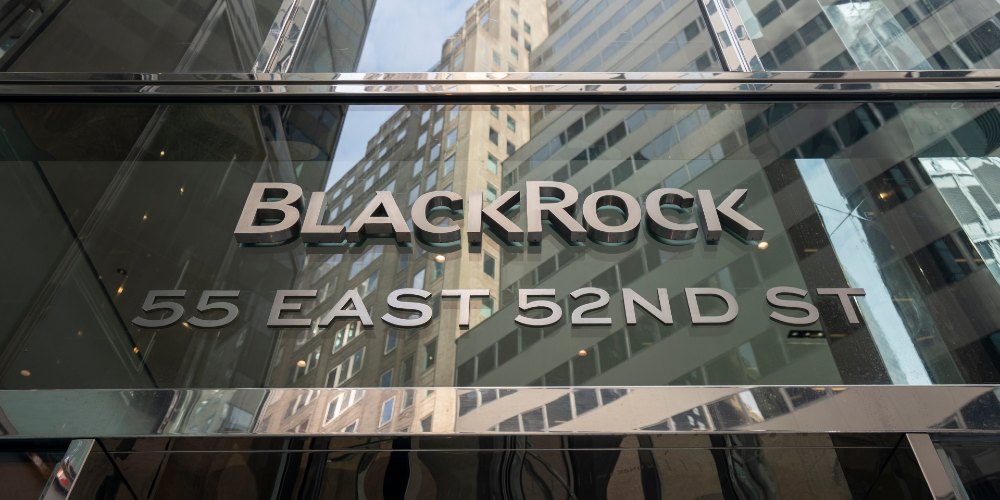(The Epoch Times)—BlackRock, the world’s largest asset manager overseeing approximately $11.5 trillion in assets, has decided to withdraw from a climate pact backed by the United Nations (UN) that advocates for aggressive de-carbonizing of the economy.
A BlackRock spokesperson confirmed to The Epoch Times that the company has decided to withdraw from the Net Zero Asset Managers initiative (NZAM), a coalition comprised of over 325 signatories managing more than $57.5 trillion, all committed to the goal of achieving net-zero greenhouse gas emissions by 2050 by aligning investment strategies with this objective.
Membership in the climate pact did not affect the way BlackRock managed client portfolios, according to the spokesperson, but it did lead to confusion about the company’s practices and subjected it to legal inquiries from public officials. Despite the NZAM exit, BlackRock remains committed to sustainable investing.
Several major Wall Street banks have recently exited a similar climate-focused organization for lenders called the Net-Zero Banking Alliance (NZBA), which similarly pushes a net-zero goal.
Republicans, particularly from energy-producing states, have criticized the participation of banks and asset managers in net-zero coalitions as part of a progressive agenda and have accused them of antitrust violations.
In November, Texas and 10 other Republican-led states sued BlackRock and rivals, alleging that they disrupted coal production and raised energy prices.
“Texas will not tolerate the illegal weaponization of the financial industry in service of a destructive, politicized ‘environmental’ agenda. BlackRock, Vanguard, and State Street formed a cartel to rig the coal market, artificially reduce the energy supply, and raise prices,” Texas Attorney General Ken Paxton said in a statement. “This is a stunning violation of State and federal law.”
BlackRock has rejected the allegations, stating that the lawsuit undermines investments in essential companies that consumers depend on.
In a 2024 letter to shareholders, BlackRock CEO Larry Fink said that the company has “never supported divesting from traditional energy firms” and that it has over $300 billion invested in traditional energy firms on behalf of its clients.
“If they want to invest in hydrocarbons, we give them every opportunity to do it–the same way we invest roughly $138 billion in energy transition strategies for our clients,” Fink wrote. “That’s part of being an asset manager. We follow our clients’ mandates.”
In December, a Republican-controlled congressional committee requested information from BlackRock and dozens of other asset managers regarding their involvement with NZAM.
“The over 60 asset managers with membership in NZAM must answer for their involvement in prioritizing woke investments over their own fiduciary duties,” the House Judiciary Committee said in a statement, while letters sent to various asset managers demanded the preservation of records that may be associated with “NZAM’s collusive activity that would inform potential legislative reforms.”
After a number of financial institutions left the climate pact for lenders, the Texas attorney general praised them for the exit in a Jan. 7 statement. Paxton alleged that the climate pact aims to undermine the vital oil and gas industries and that membership in the alliance could potentially bar banks from entering into contracts with Texas government entities.



